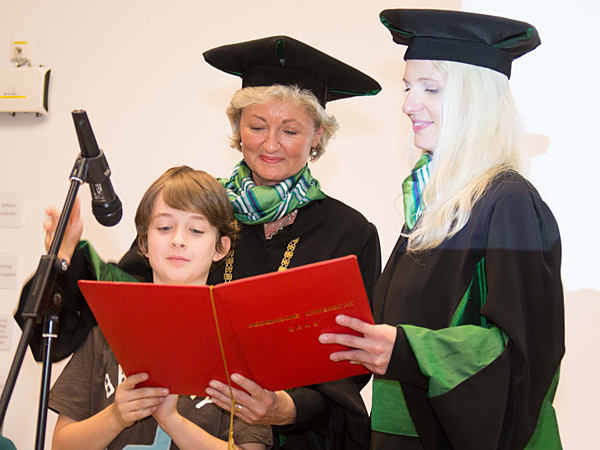

Bass' (1964), when Bass receives his diploma.

Peter Alexander sings this song in a medley in the 1963 film Der Musterknabe.The song is sung on several occasions during the film The Student Prince, (1954), starring Edmund Purdom and Ann Blyth.In Yasujirō Ozu’s 1952 film The Flavor of Green Tea over Rice ( Ochazuke no Aji), the first verse is sung in a Tokyo bar by a young man who has just graduated and is about to embark on his working life.Praetorius, in which actor/director Curt Goetz performs that scene with the same music in the film based on his own play and screenplay. This film is a remake of the German Frauenarzt Dr. Mankiewicz's film People Will Talk, delightfully 'conducted' by Cary Grant - actually under Alfred Newman's baton. It is performed as the musical theme of the classic 1951 Joseph L.It is sung in the remake of Ball of Fire, A Song Is Born (1948), starring Danny Kaye.It was sung in Howard Hawks' Ball of Fire (1941) by a number of academics at a party where they are celebrating the upcoming nuptials of a professor played by Gary Cooper.The song is sung in the James Stewart movie The Mortal Storm (1940).It can be heard in the classic 1939 film The Wizard of Oz, during part of the sequence where the Wizard presents awards to each of Dorothy's companions.

The melody is woven through the soundtrack of Harold Lloyd's silent film The Freshman (1925).Sung by the Taipei Youth Choir and conducted by Gilbert Varga. Languages in which the anthem was performed at the Universiade Universiade The current Latin lyrics with a German translation were published by Halle in 1781 in Studentenlieder ('Students' Songs') written by Christian Wilhelm Kindleben (1748-1785), who admitted to making important changes to the text. A Latin version in a handwritten student songbook, dating from some time between 17, is preserved in the Berlin State Library (formerly located at Marburg) however, this differs considerably from the modern text. A German translation of these verses was made in about 1717 and published in 1730 without music. The music accompanying this poem bears no relation to the melody which is now associated with it. A poem starting with the words Subscribere proposui ('I have suggested signing (it)') has two verses that closely resemble the later Gaudeamus igitur verses, although neither the first verse nor the actual words Gaudeamus igitur appear. The proposition that the lyrics originate in 1287 is based on a manuscript held in the Bibliothèque nationale de France in Paris.


 0 kommentar(er)
0 kommentar(er)
